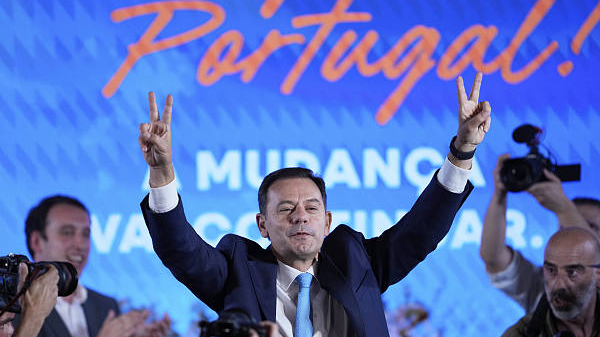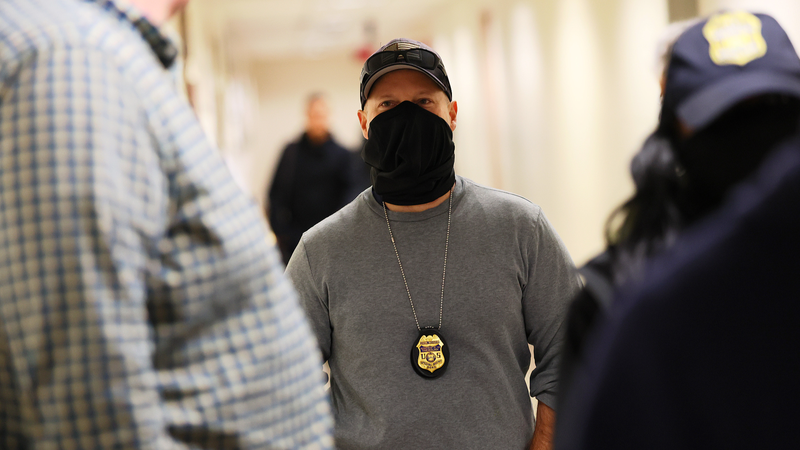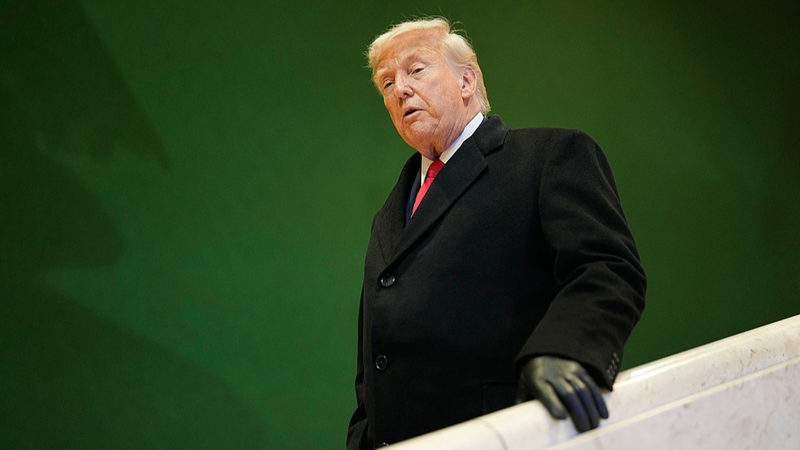Portugal's political scene is buzzing after Sunday's parliamentary elections. The center-right Democratic Alliance, led by Prime Minister Luis Montenegro, secured the most seats with 32.1% of the vote—86 seats out of 230—but fell short of the 116-seat majority needed to govern alone.
Meanwhile, the Socialist Party earned 58 seats with 23.38% of the vote, while the far-right Chega matched that with 58 seats at 22.56%. Key issues such as immigration policy, the cost-of-living crisis, and housing challenges ignited passionate debates across the nation.
The snap election, called by President Marcelo Rebelo de Sousa on March 13, marks Portugal's third early parliamentary vote in less than four years, clearly reflecting public demand for change and political stability.
Chega, which launched in 2019 and was once considered a fringe party, has rapidly entered the political mainstream by tapping into voter discontent over housing shortages, a stretched public healthcare system, and corruption scandals. With Montenegro ruling out a coalition with Chega, the far-right group is expected to take on a strong opposition role. President Rebelo de Sousa's firm stance against far-right participation in government further complicates the path forward.
This election update feels like a live-action political thriller, leaving everyone wondering what the next chapter for Portugal will be! 🤔🇵🇹
Reference(s):
Portugal's Democratic Alliance wins election, falls short of majority
cgtn.com




